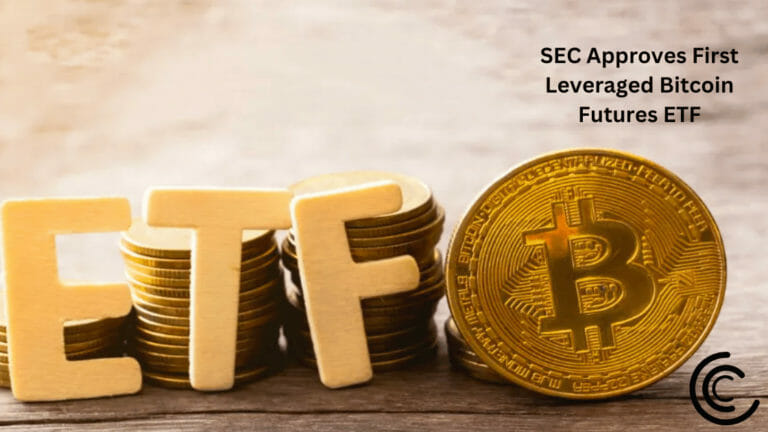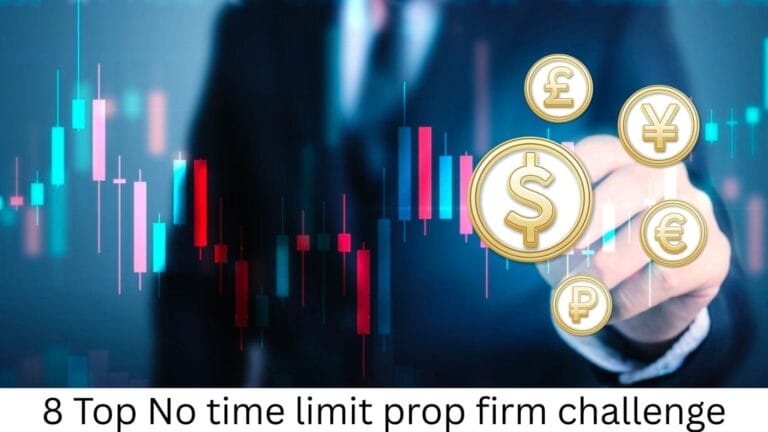Key Takeaways:
- Convict of exploiting Mango Markets, is pushing for a new trial and dismissal of fraud charges
- Eisenberg argues that there was insufficient evidence of intent to manipulate
- Prosecutors allege that Eisenberg manipulated the price of Mango Markets’ native token, MNGO, to acquire $110 million worth of cryptocurrency
In a significant legal move, Avraham “Avi” Eisenberg, convicted earlier this year for exploiting the decentralized finance platform Mango Markets, is seeking to have his conviction overturned.
Eisenberg’s legal team has filed a 77-page motion requesting a new trial, arguing that the Southern District of New York was not the proper venue for the case and that the prosecution failed to prove he intended to manipulate the market.
Eisenberg was convicted in April 2023 of commodities fraud, commodities manipulation, and wire fraud after a two-week trial. The charges stemmed from his actions on October 11, 2022, when he used a trading strategy that netted him approximately $100 million in cryptocurrency from Mango Markets.
Eisenberg later admitted to being the individual behind the exploit in a post on X (formerly known as Twitter) and returned about $67 million to the platform.
Eisenberg’s defense hinges on the argument that his actions constituted a “successful and legal trading strategy” rather than criminal behavior.
His lawyers assert that the trades were allowed by Mango Markets’ protocols, meaning Eisenberg did not break any laws. Furthermore, they argue that there is no direct connection between the alleged crimes and the Southern District of New York, where the trial was held.
The defense also highlighted that Eisenberg was in Puerto Rico at the time of the trades, making it a more relevant jurisdiction for the case. They contend that the government has not adequately demonstrated that Eisenberg had any intent to manipulate the market illegally.
Prosecutors, however, have maintained that Eisenberg knowingly manipulated the price of perpetual futures contracts on Mango Markets, using stablecoin USDC to artificially inflate the value of the platform’s native token, MNGO. They argued that the more Eisenberg manipulated the token’s price, the more he could extract from the platform, clearly indicating his intent to defraud.
The outcome of Eisenberg’s motion for a new trial could have broader implications for how legal systems handle cases involving decentralized finance and cryptocurrency. As the legal battle continues, it raises important questions about the fine line between aggressive trading strategies and market manipulation in the evolving landscape of digital finance.








